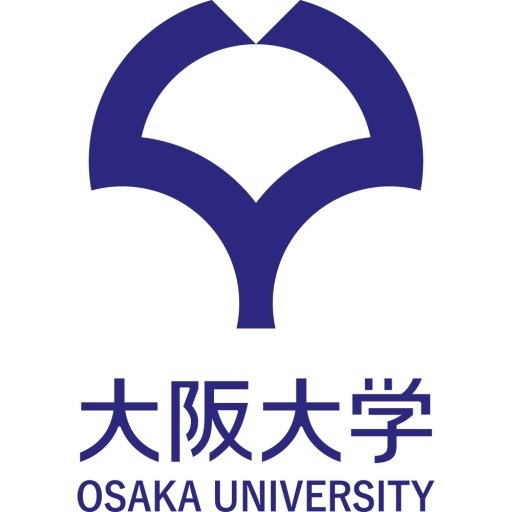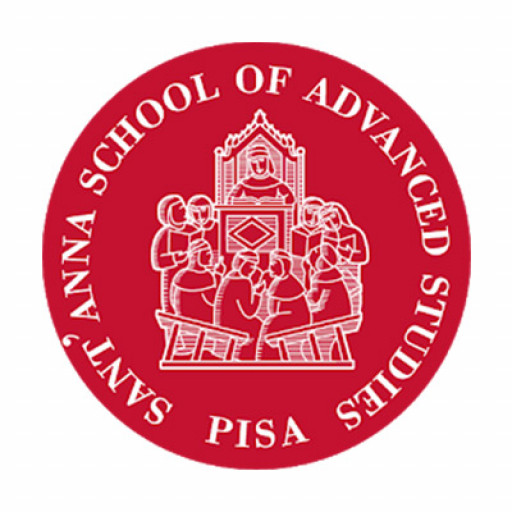Photos of university / #cambridgeuniversity
The Department of Chemical Engineering and Biotechnology offers PhDs in Chemical Engineering or Biotechnology. Research within the Department covers a wide and exciting array of activities ranging from quite fundamental research in biology through to the traditional fields of chemical engineering.
Our PhD program is purely researched-based with no taught components/lectures. Some academics will ask their PhD students to attend some lectures that are relevant to the research, but in such cases, the student does not undertake any of the assigned coursework or exams.
| One to one supervision |
The University of Cambridge publishes an annual Code Practice that sets out the University’s expectations regarding supervision. In most cases, students could expect at least four supervisions per full term across the duration of their course. Supervision reports are written once per term. |
|---|---|
| Seminars & classes |
All of our 1st year PhD (Probationary) students are required to attend at least 50% of Department seminars during Michaelmas and Lent terms; lists of the seminars are provided at the start of each term. All first year students must attend the Researcher Development weekend away, the cost of which is covered, at Wyboston Lakes in January. All graduate students are expected to attend the Graduate Conference in April and the weekly 1st Year Seminars throughout April, May and June. |
| Lectures |
Our PhD program is purely research-based with no taught components/lectures. Some academics will ask their PhD students to attend some lectures that are relevant to the research, but in such cases, the student does not undertake any of the assigned coursework or exams. |
| Literature_reviews |
All 1st Year PhD students will provide a 3-month report, which will contain a literature review. |
| Posters |
1st Year PhD students give an oral presentation of their work to-date approximately 9 months into their research. 2nd Year PhD students present a poster, and 3rd year students give a formal presentation at our internal Graduate Conference, which is typically held in April. All graduate students are required to attend the seminars and poster sessions.
|
Placements
Depending upon the project, funding, and collaborators, students may have the opportunity to spend time in industrial laboratories of project partners.
Feedback
In most cases, students could expect at least four supervisions per full term across the duration of their course. Each student’s supervisor will provide a supervision report each term.
Assessment
Thesis
After completing 3 years (9 terms) but no longer than 4 years, a PhD student must submit his/her thesis of up to 65,000 words. The thesis will be orally examined by two examiners, one who is internal and a second who external to the University.
Essays
All 1st Year PhD (Probationary) students complete a literature review and compile their findings in a short report that is submitted 3 months after the start of their PhD.
Approximately 9 months into the course, all 1st Year students present their work to the Department during our 1st Year Presentations. These are usually held April-May, and attendance at all sessions is compulsory.
Near the end of the 1st Year, all students submit a first year report and are assessed orally. If successful, the student will then be fully registered for the PhD.
- Magistr (Master's Degree) at Pass level. Diploma Specialista (completed post-1991) with a minimum overall grade of good or 4/5 Bachelor's from Moscow Institute of Physics and Technology and other prestigious institutions with an overall grade of 4/5 Bologna Bachelor's from other institutions with an overall grade of 5/5, Excellent
- Diploma Specialista (completed post-1991) with a minimum overall grade of Excellent or 5/5 Bachelor's from Moscow Institute of Physics and Technology and other prestigious institutions with an overall grade of 5/5
- IELTS (Academic) 7.0
- TOEFL Internet Score 100
- £50 application fee
- First Academic Reference
- Second Academic Reference
- Transcript
- CV/Resumé
- Personal Reference
Funding for the Biotechnology program at the University of Cambridge is typically available through a combination of scholarships, scholarships, studentships, and government loans. Cambridge offers a range of financial support options tailored to both domestic and international students. For Home students, funding may include the University of Cambridge’s studentships, which are often merit-based and can cover partial or full tuition fees along with maintenance grants. International students are encouraged to seek external scholarships and sponsorships, many of which are available from government agencies, charitable foundations, and industry partnerships. The Cambridgeshire and other regional councils occasionally provide bursaries for students residing in specific areas.
Additionally, the University offers numerous departmental scholarships specific to the Biological Sciences and Biotechnology programmes, which applicants are automatically considered for upon admission. Students can also apply for doctoral and postdoctoral funding opportunities if they pursue further research after their initial degree. The UK government’s Student Loans Company provides loan options for eligible students, which can be used to cover tuition fees and living expenses. For students from abroad, some funding opportunities are available through specific country-based programs, as well as Erasmus+ and other international mobility schemes.
Students are advised to explore external funding sources, including industry-sponsored scholarships, professional society grants, and private foundations interested in biotechnology and life sciences. Cambridge’s financial aid office and the Department of Biochemistry can provide detailed guidance on application procedures, eligibility criteria, and deadlines for various funding schemes. Preparing a strong application and demonstrating academic excellence and commitment to biotechnology can enhance chances of receiving financial support. Overall, the funding landscape for the Biotechnology program is competitive but diverse, aiming to ensure that talented students from a variety of backgrounds can access world-class education at the University of Cambridge.
Biotechnology at the University of Cambridge offers a comprehensive and rigorous programme designed to equip students with a deep understanding of the fundamental principles underlying biological systems and their application in technologies. The course integrates biological sciences with practical techniques in molecular biology, genetics, microbiology, and biochemistry, providing students with both theoretical knowledge and hands-on experience. Students have opportunities to develop skills in experimental design, data analysis, and modern laboratory methods, preparing them for careers in research, industry, or further academic pursuits. The programme emphasizes innovation and multidisciplinary collaboration, encouraging students to solve complex problems related to health, agriculture, environmental sustainability, and industrial processes. Taught by leading experts in the field, the course combines lectures, tutorials, and research projects, fostering critical thinking and independent learning. The curriculum is regularly updated to reflect advances in biotechnology and related fields, ensuring students are well-versed in current technologies and ethical considerations. Students can also engage with industrial partners and attend seminars featuring industry professionals, enhancing their understanding of real-world applications and opportunities. Graduates of the Biotechnology programme at Cambridge are equipped with a robust scientific foundation and practical skills, making them competitive candidates for careers in biotech companies, research institutions, regulatory agencies, or entrepreneurship initiatives within the biotech sector. The university’s state-of-the-art laboratory facilities and its innovative research environment support students throughout their studies. The programme typically spans three years for undergraduate students, with options for integrated master's studies or postgraduate research degrees. The university’s strong emphasis on interdisciplinary learning, combined with its history of pioneering research, ensures that students receive a high-quality education that prepares them to contribute meaningfully to the dynamic and evolving field of biotechnology.










